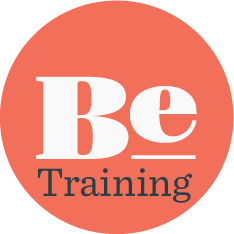This training is designed to build skills, best practices, and strategies to better support young people or adults in moments of escalation. It is vital for human service providers across fields […]
Read More… from [Training] De-Escalation Techniques for Challenging Situations (2 or 3 hours)

